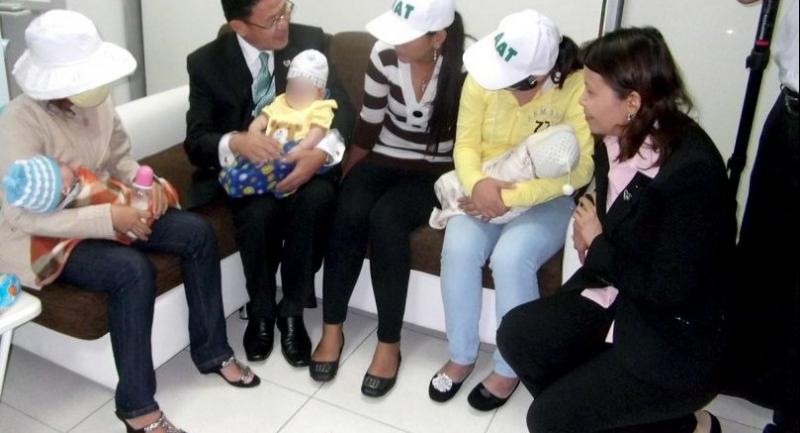Surrogacy alternatives available to foreign couples in nearby countries amid some risks

AS THAILAND has closed its doors to commercial surrogacy, neighbouring countries such as Cambodia, Laos and Vietnam have offering flexible alternatives to foreign |couples unable to have children.
Laos has no law and regulations on the issue, while Cambodia has recently issued guidelines for surrogacy after struggling last year to achieve clear rules. Many agencies said on their websites that surrogacy in Laos remained high-risk.
Vietnam amended its marriage and family law to allow altruistic surrogacy in March 2015, but authorities were also well aware that it could be abused for commercial purposes. The new amendment states that the surrogate mother may be reimbursed for her expenses, but she |cannot receive any other financial benefit for carrying someone else’s baby.
Furthermore, the new law only allows for “gestational surrogacy,” which refers to the process whereby the |surrogate mother is impregnated with an embryo |that is created by in-vitro fertilisation (IVF) from the |ovum of the wife and sperm from the husband.
The country’s first surrogate baby under the new |regulation was successfully delivered in January last year, according to Thanh Nien News.
Three hospitals in Vietnam
Surrogacy in Vietnam can only be conducted under official restrictions, with eligible couples and surrogate mothers required to register. Only three hospitals, in Hanoi, Ho Chi Minh City and Hue, are allowed to perform surrogacy.
Cambodia announced new guidelines for surrogacy last month. Foreign parents of babies born to surrogate |mothers in Cambodia can legally apply to take their |children out of the country.
However, authorities in Phnom Penh said the guidelines were aimed at protecting the rights of surrogate babies and preventing Cambodia from becoming a |destination for commercial surrogacy.
The guidelines will only be valid for nine months and 10 days from March 24, when Prime Minister Hun Sen signed the approval, and will only cover current pregnancies and babies already born.
